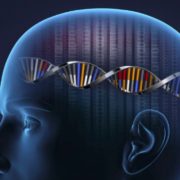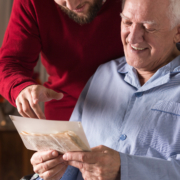How To Create a Dementia-Friendly Home for Your Loved One
If you have a loved one with dementia, creating a home environment that makes them feel safe and secure can make a big difference to their well-being. A well-adapted home can help them to live as independently as possible for as long as possible.
While the thought of adapting your home may seem daunting, it needn’t be a massive undertaking. In this article, we provide some simple tips for creating a dementia-friendly home for your loved one.
7 Practical Tips For Creating a Dementia-Friendly Home
Here are our top tips to help you navigate this next stage of life with your loved one:










